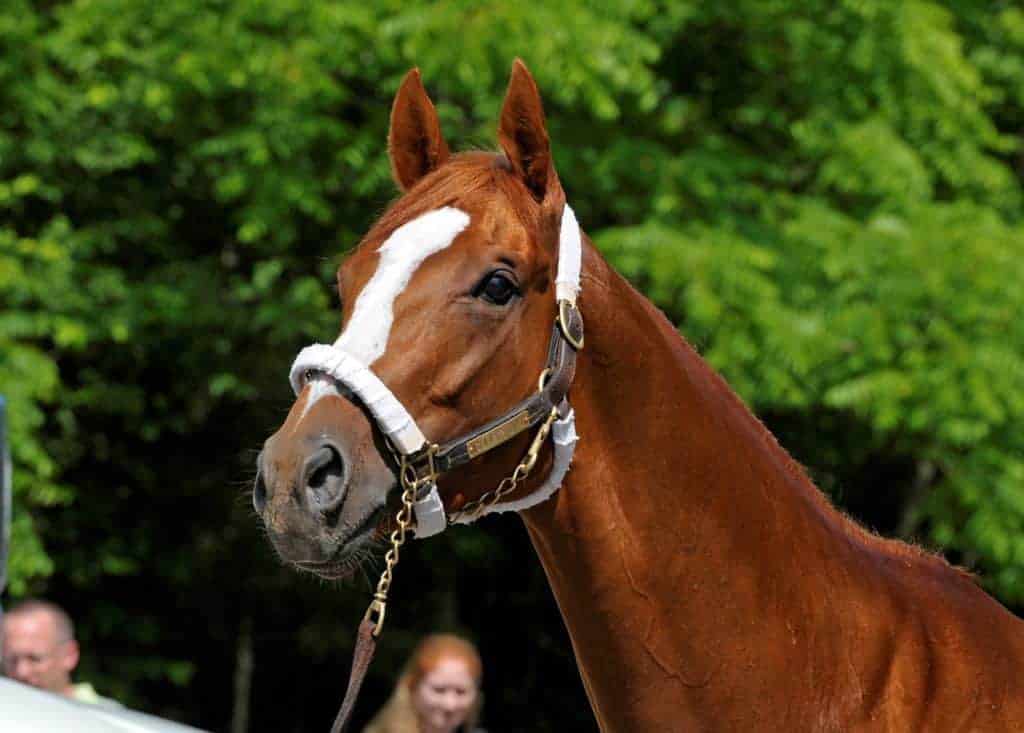
2009 Belmont Stakes Winner Summer Bird Dies
The 7-year-old son of Birdstone developed colic Dec. 22 and efforts to save him were unsuccessful.

The 7-year-old son of Birdstone developed colic Dec. 22 and efforts to save him were unsuccessful.
As the Guelph?s “Year of Colic Prevent” wraps, it announces 2014 as the year of “Full Circle Responsibility.”

A look at how and where impaction colic happens and what measures might reduce a horse’s risk.
Kathleen MacMillan, DVM, MSc, will present information regarding colic diagnostics, treatments, and more.
Researchers are exploring animal microbiome to benefit both animals–including horses–and humans.
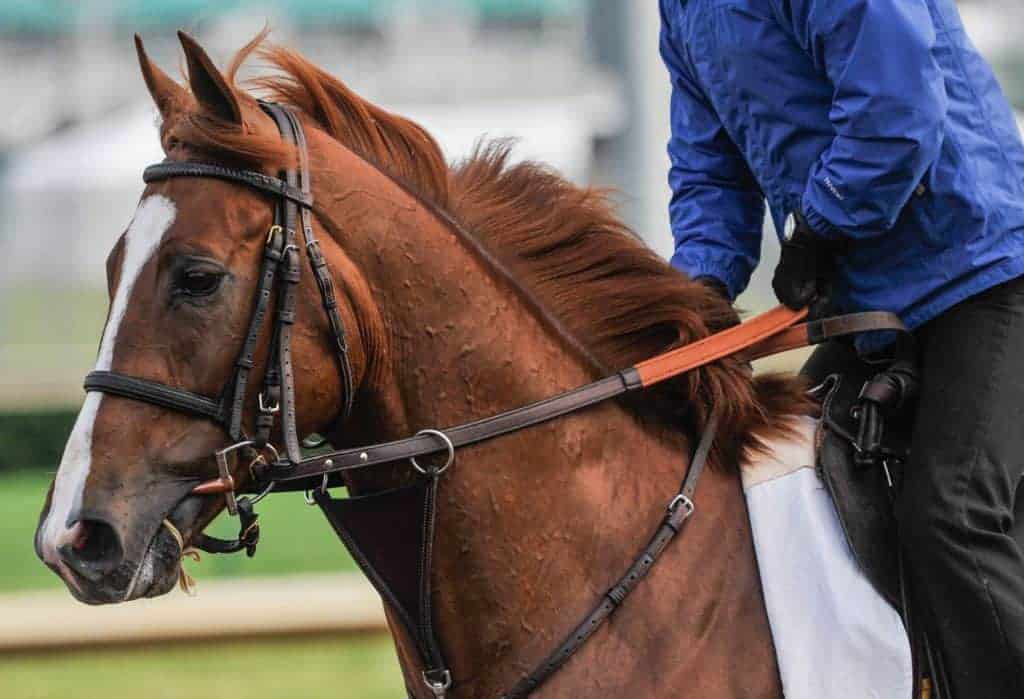
Dullahan was euthanized yesterday morning (Oct. 20) after undergoing emergency colic surgery.

Here’s what to consider if your athletic horse isn’t maintaining ideal body weight and condition.

Certain management practices can help owners reduce the risk of their horses developing colic.
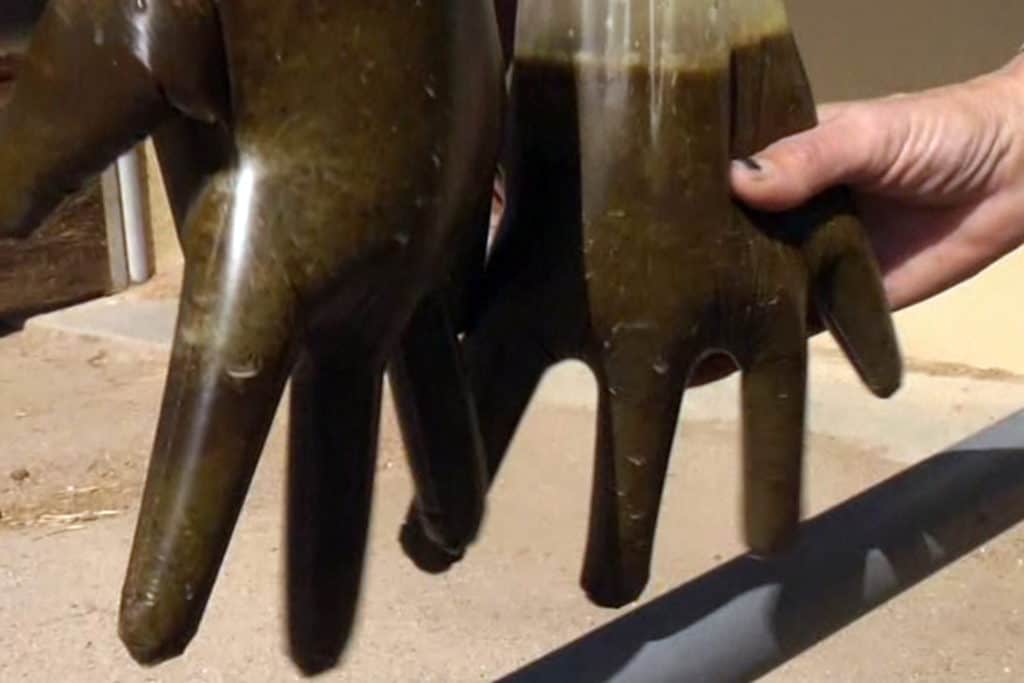
Too much sand in your horse’s intestines can cause diarrhea, blockages and colic. Dr. Sharon Spier shows you a how to measure the amount of sand your horse is excreting. (2:18)
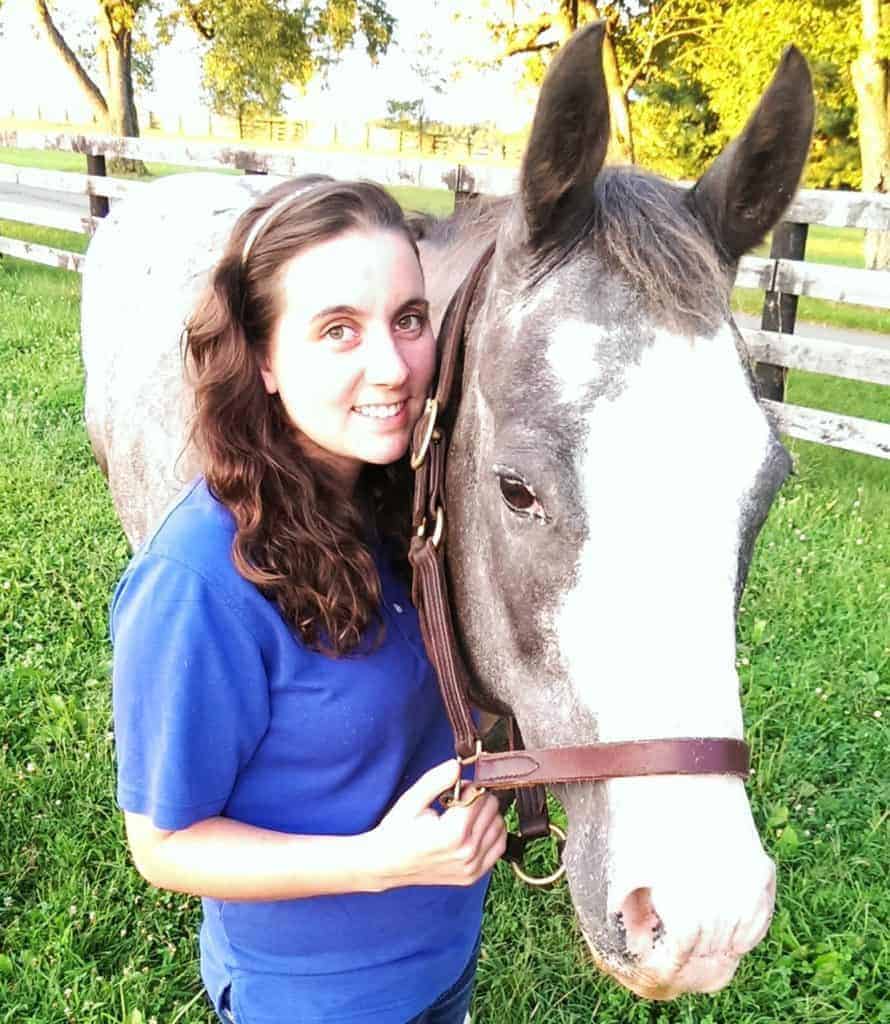
Harlow’s research has focused on exploring options for reducing gastrointestinal conditions in the horse.

Most voters–421, or 73%–indicated they’ve never taken a horse to colic surgery.
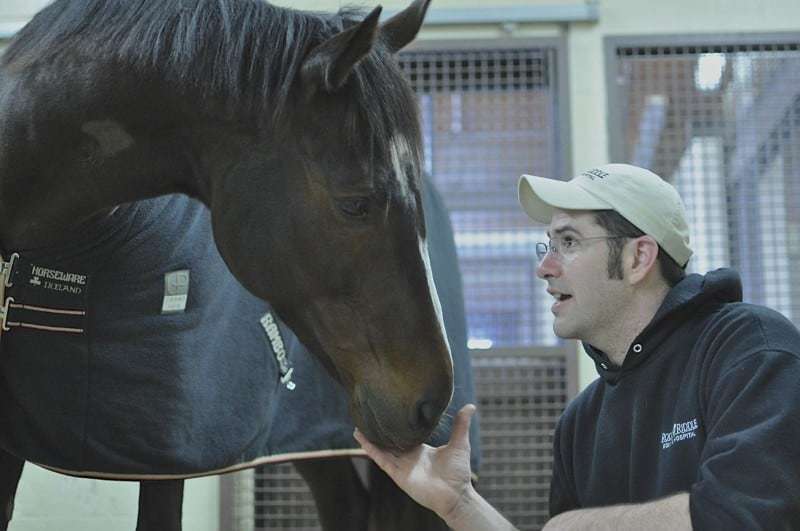
Meet a person instrumental in helping Rachel Alexandra recover from life-threatening foaling complications.
The online tool assesses and calculates colic risk while providing useful feedback on management practices.

Gain insight about postoperative ileus: a potentially life-threatening complication of colic surgery.
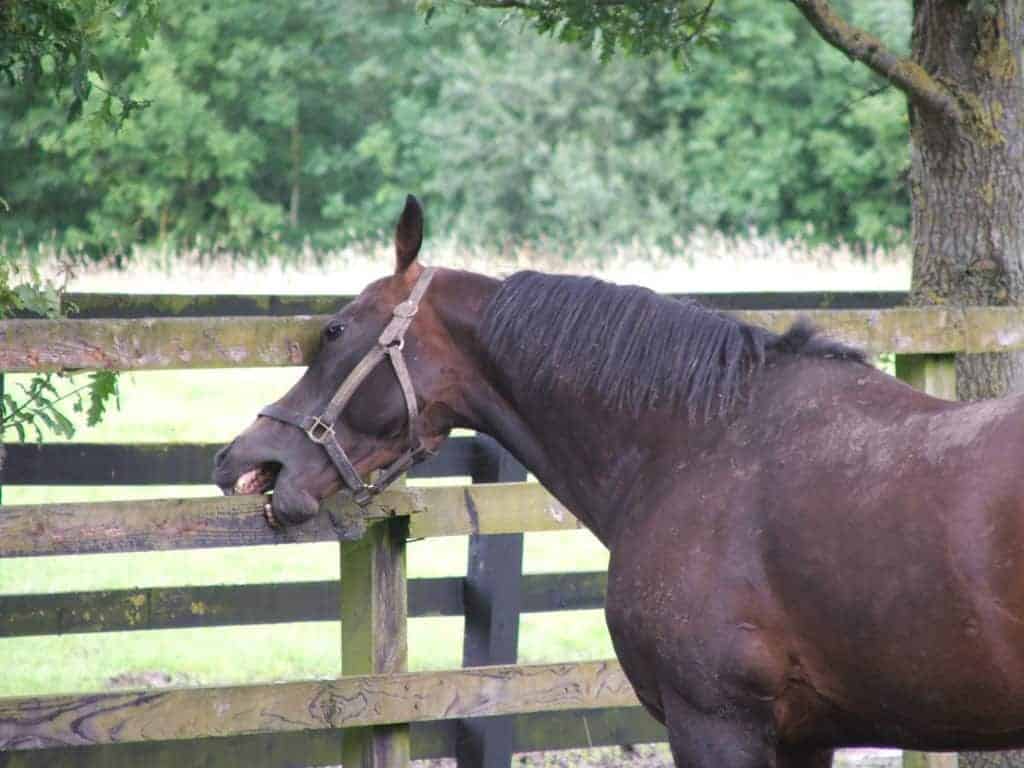
Researchers discovered that cribbing causes increased intra-abdominal pressure.
Equine Colic Awareness Month is designed to raise awareness on the issues of colic and colic prevention.
Stay on top of the most recent Horse Health news with
"*" indicates required fields